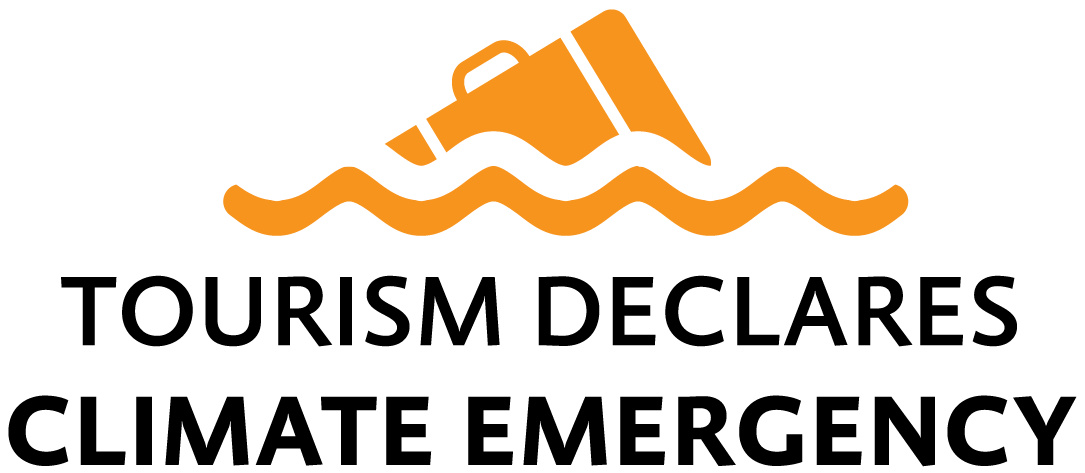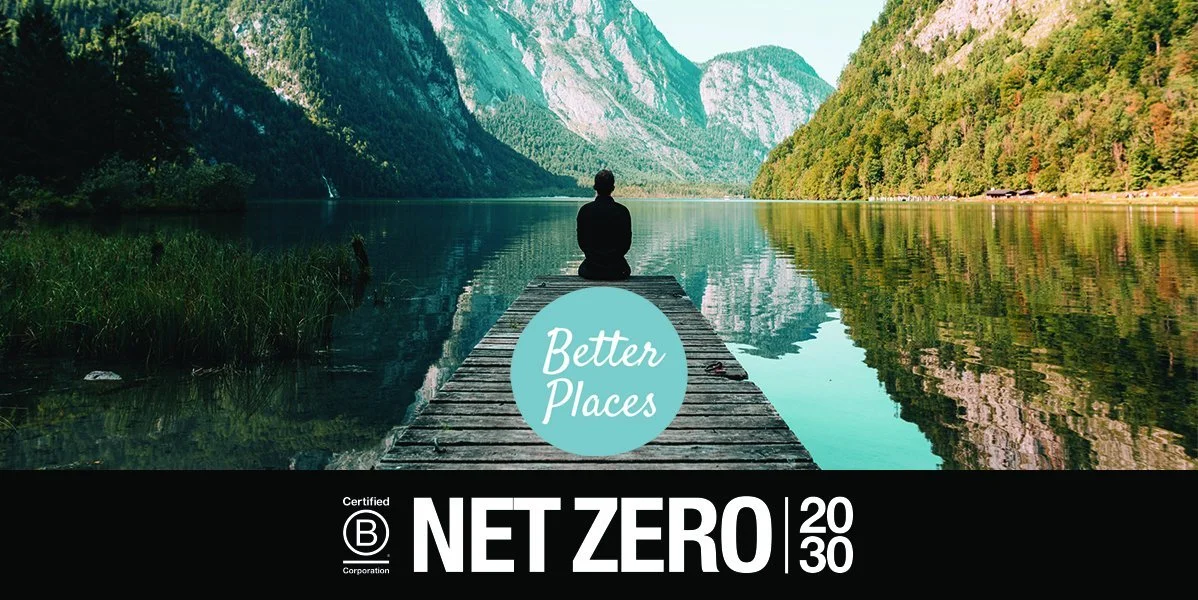Building resilience after COVID with the Responsible Safari Company
The Responsible Safari Company (RSC) have declared a climate emergency and signed up to the Future of Tourism Coalition’s guiding principles.
The catastrophic effects the pandemic has had on the business have highlighted the need for economic resilience – and for the RSC this is inextricably linked to protecting local ecosystems.
We talked to RSC managing director, Kate Webb, to find out more about their motivations, challenges and plans for the future.
What motivated the Responsible Safari Company to join Tourism Declares?
It seemed like a really accessible platform to join and one in which our local Malawian team could get involved. Unlike some platforms that charge a lot and don’t do much, Tourism Declares comes across as a very forward thinking and accessible platform to be part of.
We loved your video declaration, what inspired you to declare in such a unique way?
Photo: Venetia Norrington
I would have to ask our team! We simply sent them the information and said go for it in your own brilliant style. And they did just that.
They are creative and have free rein to do things their Malawian way.
Is declaring a climate emergency still important in light of the Covid-19 crisis?
Yes- the two are inextricably linked. We believe that economic resilience relies heavily on protecting local ecosystems. This is particularly relevant in emerging economies like Malawi.
What action has the Responsible Safari Company taken since declaring a climate emergency and what plans are in the pipeline?
Photo: Venetia Norrington
The pandemic has had a catastrophic effect on our business in Malawi and the whole industry there. There is no furlough system, grants or other support available. Due to COVID-19, we had to sub-let our office and make most of our staff redundant – albeit with very good packages to support them over the coming months.
But we do have lots of plans.
We want to concentrate more and more on ecosystem protection and driving economic resilience. This means protecting the ecosystems our clients visit. Our Orbis Trail Challenge and company fundraising is all going to TREEZ this year and next. You can find out more about our work here.
What are the main challenges you face when reducing emissions?
Flying to Malawi! We currently offset to local Malawian organisations (fundraiser for TREEZ) but unfortunately flying is the only option for most of our clients.
What solutions are you most proud of?
We charge our clients a 1.5% Payment for Ecosystems Service Scheme. This money is then funnelled back into our community conservation work - climate, cultural/heritage etc.
What advice would you give to others, in particular safari companies, that are considering declaring?
Go for it! It is easy and should be entwined in everything you are doing anyway - it needs to be part of any travel related business.
The Responsible Safari Company has also signed up to the Future of Tourism Coalition’s 13 guiding principles. As a travel company, in which of these areas do you feel you are already doing well and where do you need to improve?
7 – ‘Redefine economic success’ – this is what we do best. You can see examples here from our work with local entrepreneurs in Malawi here. I feel we do 8 worst ‘Mitigate climate impacts’- as we can’t get electric vehicles in Malawi and you have to fly to get there.
What kind of practical support would be particularly valuable to you in your journey to becoming more sustainable?
Photo: Venetia Norrington
Grants for sustainable travel companies to invest in more efficient vehicles and more PR exposure for small companies like the Responsible Safari Company, and our Payment for Ecosystems Service scheme.
In your declaration you talk about global citizenship. Do you find this concept helpful, particularly when engaging with travellers?
Yes- particularly with schools and especially at this time of global pandemic when we have to start seeing the world from a global citizen perspective.
We work with lots of schools and universities. This is a challenge at the moment as they are very concerned about health and safety. But it’s great to work with the young minds of tomorrow!








Students get access to a range of online modules which they complete alongside the rest of their travel group prior to departure. Two focus on the climate crisis.